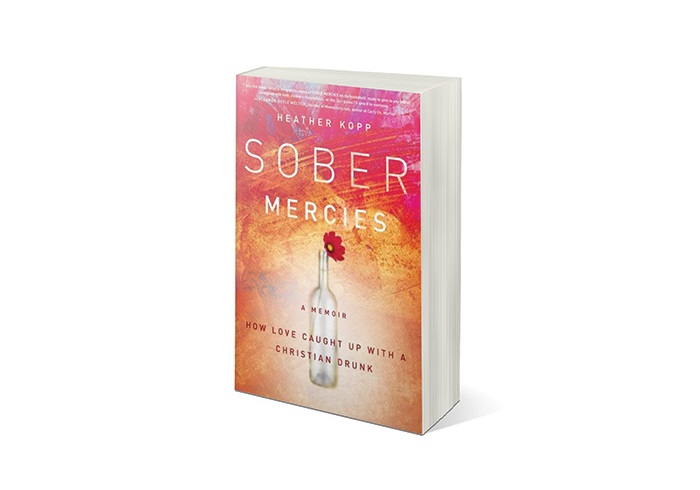Addiction Treatment Services Wilmot NH
Home
Best Addiction Treatment Services Wilmot NH
Addiction Treatment Services Wilmot NH
They understand fully the nature of the disease and combine their personal experience and qualifications to comprehensively treat the psychological aspect of drug addiction in their patients. Proposed models of affect-driven tobacco use have focused on negative reinforcement as the primary driving force for addiction; according to such theories, tobacco is used because it helps one escape from the undesirable effects of nicotine withdrawal or other negative moods.[38] Acceptance and commitment therapy (ACT), is showing evidence that it is effective in treating substance abuse, including the treatment of poly-substance abuse and cigarette smoking.[39][40] Mindfulness programs that encourage patients to be aware of their own experiences in the present moment and of emotions that arise from thoughts, appear to prevent impulsive/compulsive responses.[38][41] Research also indicates that mindfulness programs can reduce the consumption of substances such as alcohol, cocaine, amphetamines, marijuana, cigarettes and opiates.[41][42][43] Behavioral models[edit] Behavioral models make use of principles of functional analysis of drinking behavior. However, studies show that faith-based treatment is actually highly effective. Denial implies lack of willingness from the patients or fear to confront the true nature of the addiction and to take any action to improve their lives, besides of continuing the destructive behavior.
The Drug Rehab Center programs at Transformations Treatment Center is composed of professionally trained clinicians who care and are committed Christians. However, the current medications used to treat depression are not considered dangerous in this matter.
Below are Some Even more Details on Peyote Rehab Hospital Near Me

Here are Some More Resources on Www Recovery Wilmot NH
Nearly 95,000 adults in the state use marijuana regularly. When confronting a person about addiction, be sure to do it in a safe, open environment, and to use soft tones. Methadone and buprenorphine are maintenance therapies intended to reduce cravings for opiates, thereby reducing illegal drug use, and the risks associated with it, such as disease, arrest, incarceration, and death, in line with the philosophy of harm reduction. Any serious drug rehab should have at least some statistics on their success rates (preferably from third-party agency).
Right here are Some More Info on Www Recovery
On the basis of extensive research carried out over the years, it has Given the fact that drug abuse continues to be one of the persisting problems of the present day world, there is a ray of hope being offered by the Christian rehab centers that have come up even in the most remote corners. Young people who live in households where the adults smoke or drink are more likely to think that it is normal to use these potentially addictive substances. If you try to stop taking drugs, do you experience withdrawal symptoms such as depression, anxiety, nausea, shaking and insomnia? For free rehab, the main qualifying factor is usually a demonstrated inability to pay.
Even more Info Around Peyote Rehab Hospital Near Me Wilmot NH
Considering that nicotine and other psychoactive substances such as cocaine activate similar psychopharmacological pathways,[37] an emotion regulation approach may be applicable to a wide array of substance abuse. The right treatment center can support the motivation to change, to stop using drugs, and to move forward in recovery. The Christian teachings and principles are used to help the addict heal their mind, body, and spirit. Taking the drug causes a rush of the hormone dopamine in your brain, which triggers feelings of pleasure. Studies have shown that people who choose a faith-based (Christian) approach to addiction recovery are more likely to avoid relapse and stay sober. These programs assist the patients in regaining their inner strength. An intervention can also be conducted in the workplace environment with colleagues instead of family. The faith is a large part of the initial program but is an even more important part of the aftercare. The first step to freedom from chemical dependency is to call our drug and alcohol abuse hotline. Inpatient Addictions, General – Child/Youth Life can be hard enough watching your child, or a child you care for, struggling through a battle with addiction.
Click Here for More Information
Previous Next
You may also like:
Lorazepam Addiction Clinics East Branch NY
Buprenorphine Rehab Facility Barto PA
Di-gesic Abuse Treatment Facility Milburn KY
Clonazepam Rehab Treatment Facilities Pulaski IL
Long Term Non 12 Step Rehab Meadview AZ
Revia Addiction Rehab Clinic Converse IN
How To Stay Clean Off Drugs New Suffolk NY
Steroids Addiction Treatment Clinics Breaux Bridge LA
Drug Addiction Meaning North Haven CT
Damason-p Addiction Detox Center Hughesville PA
Hydrococet Abuse Centers Lake Elmo MN
Anexsia Detox Treatment Facility Neville OH
Dextroamphetamine Addiction Treatment Clinic Spelter WV
Darvocet Detox Treatment Program Farber MO
Cocaine Addiction Detox Program Brookpark OH
Heroin Detox Clinic Castle Creek NY
Peyote Detox Treatment Facilities Palo Alto CA
Luminal Detox Treatment Programs Crawley WV
Pcp Addiction Rehab Facility Mayville WI
Avinza Abuse Clinics Yeso NM